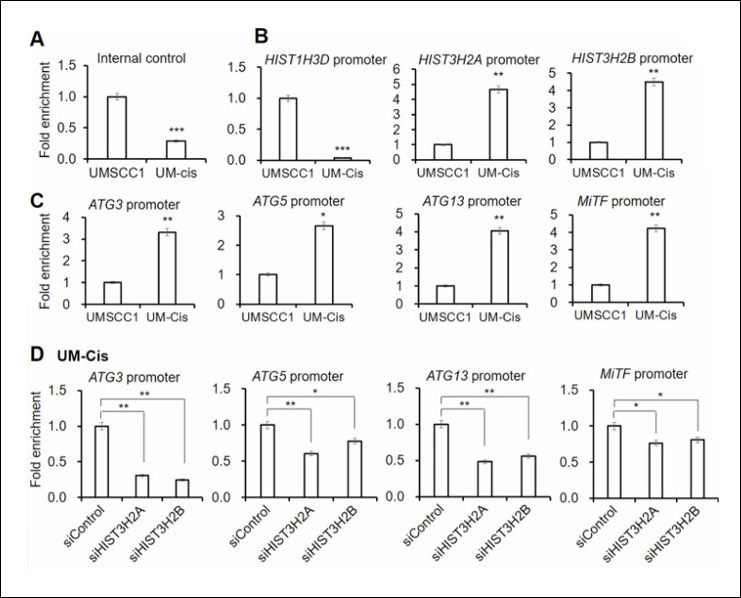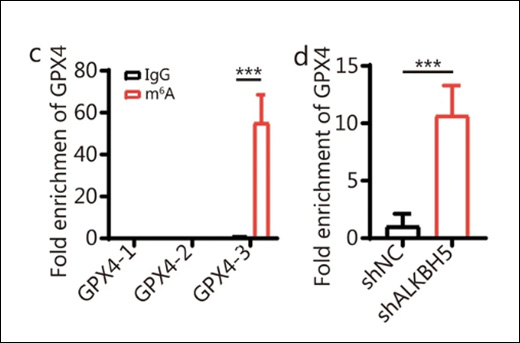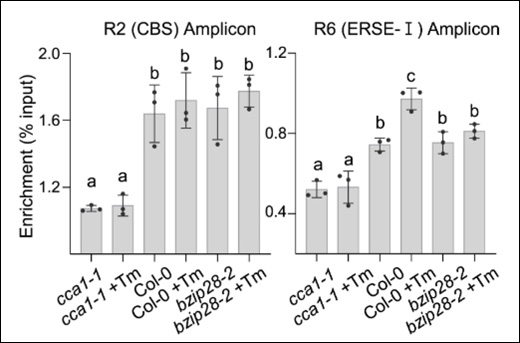Yu Z et. al. (January 2025). TET2-mediated 5-hydroxymethylcytosine of TXNIP promotes cell cycle arrest in systemic anaplastic large cell lymphoma Clin Epigenetics. 17(1):10.
This study investigates the role of TET2-mediated 5-hydroxymethylcytosine (5hmC) in regulating cell cycle progression in systemic anaplastic large cell lymphoma (ALCL). The findings reveal that reduced TET2 expression leads to lower 5hmC levels, promoting cell cycle progression, while 5hmC modification of TXNIP contributes to cell cycle arrest. These results suggest that targeting 5hmC or TET2 may provide a novel therapeutic approach for ALCL.
Products Used: EpiQuik Nuclear Extraction Kit, MethylFlash Global DNA Hydroxymethylation (5-hmC) ELISA Easy Kit (Colorimetric), Epigenase 5mC-Hydroxylase TET Activity/Inhibition Assay Kit (Colorimetric)
Dong J et. al. (January 2025). FTO Suppresses Proliferation and Induces Apoptosis of T98G Glioblastoma Cells via N6-methyladenosine Modification of GSTO1 Neurochem Res. 50(2):83.
This study examines the role of FTO in glioblastoma (GBM) by examining its impact on N6-methyladenosine (m6A) modification of GSTO1. The findings reveal that FTO expression is downregulated in GBM, and its overexpression suppresses tumor cell proliferation and promotes apoptosis by reducing m6A methylation and destabilizing GSTO1. These results suggest that targeting FTO and GSTO1 could offer a potential therapeutic approach for GBM.
Products Used: EpiQuik m6A RNA Methylation Quantification Kit (Colorimetric)
Xu L et. al. (January 2025). Methyltransferase-like 14 promotes ferroptosis in sepsis-induced acute kidney injury via increasing the m6A methylation modification of LPCAT3 Mol Genet Genomics. 300(1):16.
This study explores the role of METTL14 in ferroptosis during sepsis-induced acute kidney injury (AKI) by examining its effect on N6-methyladenosine (m6A) modification of LPCAT3. The findings show that METTL14 promotes ferroptosis by increasing m6A methylation of LPCAT3, leading to elevated lipid peroxidation and ferroptosis-related markers. Silencing METTL14 reduces these effects, suggesting that targeting METTL14-mediated m6A modification of LPCAT3 could be a potential therapeutic strategy for sepsis-induced AKI.
Products Used: EpiQuik m6A RNA Methylation Quantification Kit (Colorimetric)
Xiao M et. al. (January 2025). Overexpression of FTO alleviates traumatic brain injury induced posttraumatic epilepsy by upregulating NR4A2 expression via m6A demethylation Funct Integr Genomics. 25(1):17.
This study investigates the role of FTO in post-traumatic epilepsy (PTE) following traumatic brain injury (TBI) by examining its impact on NR4A2 expression through m6A demethylation. The findings reveal that FTO overexpression reduces epilepsy susceptibility, blood-brain barrier disruption, and neuronal damage in TBI mice by upregulating NR4A2 via m6A-YTHDF2 signaling. These results suggest that targeting FTO-mediated epigenetic regulation of NR4A2 could be a potential therapeutic strategy for PTE.
Products Used: EpiQuik m6A RNA Methylation Quantification Kit (Colorimetric)
Jiang Z et. al. (January 2025). M6A Demethyltransferase FTO Attenuates Meniscus Degeneration and Osteoarthritis via Orchestrating Autophagy and Energetic Metabolism Adv Sci (Weinh). :e2412379.
This study explores the role of the m6A demethyltransferase FTO in meniscus degeneration and osteoarthritis (OA) by regulating autophagy and energy metabolism. The findings reveal that FTO loss impairs autophagy, reduces ATP production, and accelerates OA progression, while its overexpression restores autophagy and alleviates degeneration. Mechanistically, FTO stabilizes ATG16L1 mRNA in an m6A-YTHDF2-dependent manner, suggesting that targeting FTO could be a potential therapeutic strategy for OA.
Products Used: EpiQuik m6A RNA Methylation Quantification Kit (Colorimetric)




 Cart (0)
Cart (0)













